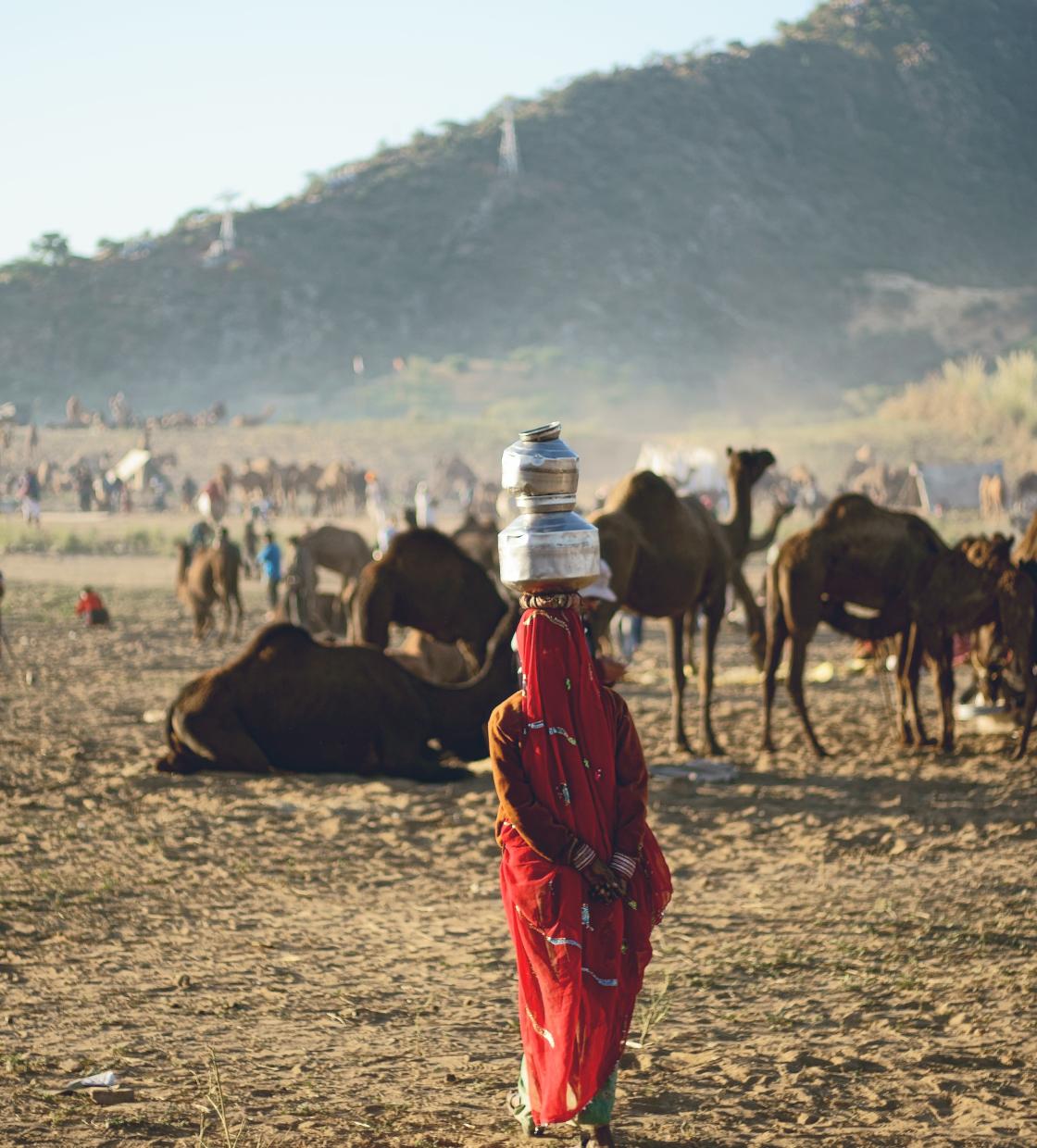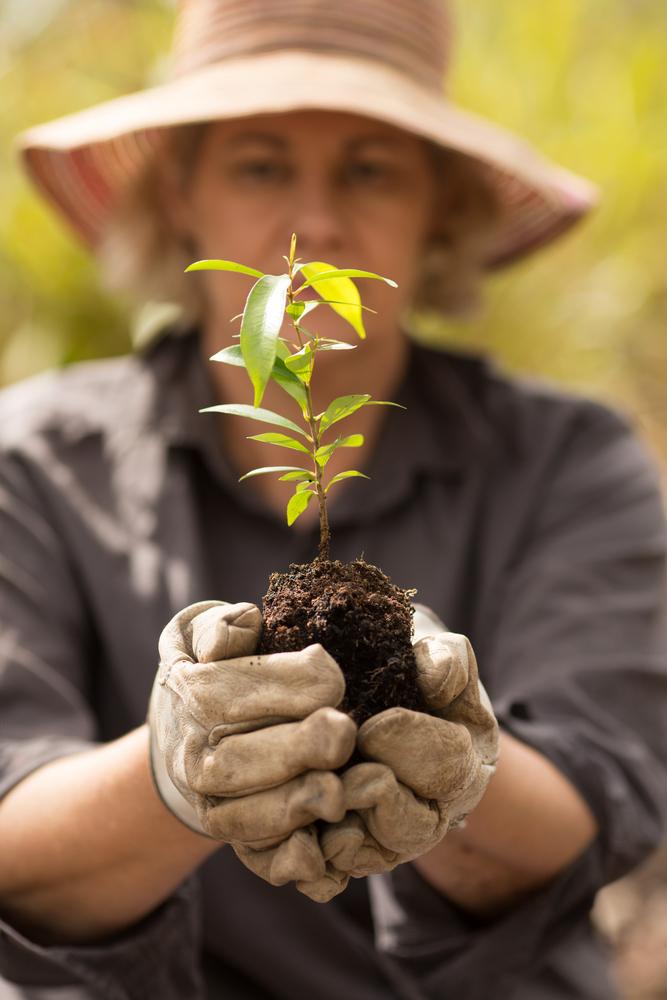
The sacrifice re-lives the Quranic story of the Prophets Ibrahim (AS) and his son Ismail (AS). It is a story about the strength of faith and Allah’s (SWT) favour upon His favourites.
When you make a Qurbani donation, you will need to pay for an animal to be purchased including the cost of the sacrifice and distribution. The larger animals such as camels, cows, oxen, or buffalos are equal to seven shares and the smaller animals are a single Qurbani. You have the option to pay for either or simply pay for a share in a large animal. Generally speaking, the bigger the animal, the higher the price, but prices are confirmed closer to the time.
There are specific rules on the animals which are allowed, and this includes a requirement for them to be healthy, without any visible defects and be adults so about one year for small animals and two years for large animals.
Qurbani is a strong Sunnah and considered necessary by all the schools and must be given by every Muslim who is of sane mind, has reached the age of puberty, and has a level of wealth beyond the current Nisab threshold.
Qurbani is performed following the Eid prayer and can be done any time over the three days after Eid. Much like Eid al-Fitr, which takes place after Ramadan, Eid al-Adha is a time for feasting, being with friends and family, and praying to strengthen the connection with Allah (SWT).
ILM UK is committed to working with local farmers to protect the environment and promote sustainability in agriculture and livestock. To this end, we are actively involved in a number of projects with the aim of developing an ethical and eco-focused approach.
For every animal that is sacrificed ILM will plant a tree. It is recognised that livestock contributes to greenhouse gases. Planting a tree will help counterbalance those emissions and offset our carbon footprint in the years to come. Last year 16,560 animals were slaughtered in the name of Qurbani. This year that equivalent number will be offset by the same number of trees.
In line with the United Nations goal of ending single-use plastic by 2022, ILM UK has committed to delivering the meat using only biodegradable or recyclable packaging.
ILM is increasing engagement with local farmers and livestock producers to inform and educate them about the implementation and effects of introducing sustainability into their traditional farming methods.
Using resources provided by the Food and Agriculture Organization (FAO) of the United Nations and the agricultural European Innovation Partnership, funded by the European Commission, our Qurbani meat providers will develop new skill is the areas below, as well as practical farming tips and techniques to start making changes.

Qurbani is observed in order to honour Prophet Ibrahim’s (AS) dedication to Allah (SWT), which is the level of commitment, compliance, and obedience that Allah (SWT) expects of all of us.
The Qurbani story states that Prophet Ibrahim (AS) was called upon by Allah (SWT) to sacrifice the person he held the closest – his son, Ismail (AS). Ibrahim (AS) loved his son deeply and spoke to Ismail (AS) about what he was being commanded to do. Ismail (AS) understood and told his father that he accepted what needed to happen and that if Allah (SWT) had asked it, Ibrahim (AS) should comply to show his obedience to Him. Ismail (AS) was aware of the deep love his father felt for him and knew that it would be painful for him to carry out the will of Allah (SWT), so he asked his father to do two things to reduce the pain. First, Ismail (AS) asked to be restrained at the arms and legs so that he could not struggle, and secondly, he asked that his father wore a blindfold, so he didn’t have to see the look in his eyes before the sacrifice. Ibrahim (AS) complied.
At the last second, Allah (SWT) freed Ismail and put a ram in his place. The exercise had been a test of Ibrahim’s (AS) devotion to Allah (SWT), and as such, he was rewarded for his obedience, and Ismail (AS) was saved. Then the Prophet Ibrahim heard the following revelation:
We called to him, “O Ibrahim, you have fulfilled the vision. Indeed, we thus reward the doers of good. Indeed, this was a clear trial.” -The Holy Qur’an 37:104
Following the animal sacrifice, Ibrahim (AS) divided the animal carcass into three parts:
Qurbani is observed in memory of Ibrahim’s (AS) dedication to Islam and his generous acts of charity following the sacrifice.
Qurbani happens across the 10th, 11th, and 12th days of the 12th month of the Islamic year. It is referred to as Dhul Hijjah. Qurbani only counts as Qurbani when the sacrifice takes place across these three days and after the special Eid prayer. Sacrifices made before the Eid prayer do not count.
In order to observe Qurbani, Muslims make an animal sacrifice which is then divided into three parts, the same way the Prophet Ibrahim (AS) did. Should any wonder “Is Qurbani mandatory?”, every able Muslim is required to make the sacrifice in the name of Allah (SWT), but those who are unable to make the physical sacrifice themselves, can make a Qurbani donation to ILM in the UK. ILM ensures your Qurbani is distributed to feed the communities we work with, many of whom don’t get to eat meat except for on the day of Eid.
We will sacrifice the animal in your name and attribute one of the shares to you, one share to your friends, and one share to a person in need. You won’t receive the portion of meat as all three portions will be used to feed communities in need, but you will receive triple the blessings associated with making a Qurbani donation.
The Qurbani meaning in English is ‘offering’ and involves all able Muslims making an animal sacrifice for the sake of Allah (SWT).